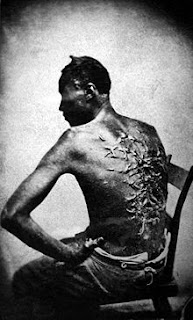Lincoln knew full well that there was a strong possibility of armed conflict erupting at the fort but proceeded anyway, without the consent of Congress. After the attack the North was furious with what they viewed as treason.
There was great fear that Washington DC might be vulnerable to attack so Lincoln enlisted more men, censored mail and the press, and bought and armed steamships for the possible defense of the capital. In his July 4 address to Congress Lincoln maintained that the South acted with reckless aggression in their attack against Fort Sumter, maintaining that Fort Sumter was not in any position to attack. Lincoln aggressively wielded executive power following the attack on Fort Sumter, so much so that he quarreled with Chief Justice of the Supreme Court Taney over matters of Executive authority and the wartime powers. Lincoln eventually won these quarrels and maintained a strong grasp on executive power for the remainder of the war. One of the reasons I think that Lincoln sent supplies and men to Fort Sumter was to maintain some semblence of Union power. It was very smart of Lincoln not to be the one who initiated the conflict. With the South striking first Lincoln was able to use their reckless aggression as a just cause to go to war in the name of restoring the Union.








